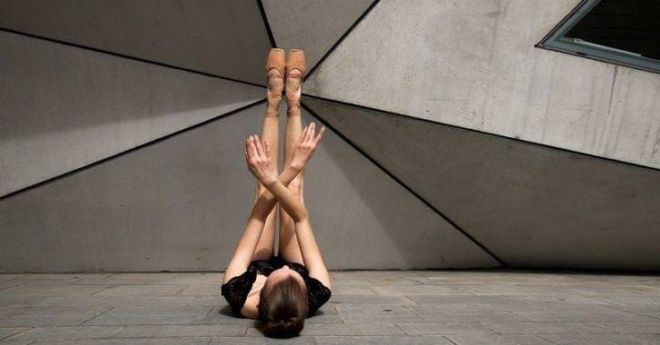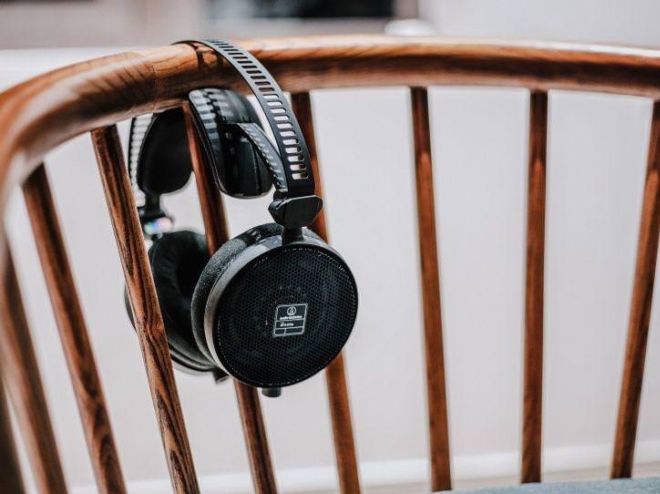Have you been feeling emotionally and mentally tired? Don’t worry, so have a lot of us. We can all safely agree on one thing and it is that being a millennial isn’t easy thanks to the cut-throat competition, work stress and a host of other issues that make life complicated. All of it affects our perception of life and may harm our mental health.
Mental health has only recently become a cause of concern with an increasing number of people coming out in the open with their struggles. But an even greater cause of concern is how to deal with mental illness and make sure that you’re taking good care of your mental well-being.
While a lot of us are making sure that we stay away from the mood medicines given their short-term efficacy, multiple alternative therapies have now gained popularity. Hence, we’ve got you a list of alternative therapies that you can try at home:
1. Dance Therapy

Afraid this won’t work because you can’t dance? Well, you don’t have to be a professional dancer for this one. If you can move your body, that’s all you need. The idea is that this therapy helps the coming together of your emotional and physical self.
In fact, the journal The Arts in Psychotherapy found in 2007 that dance therapy actually had a positive effect on those participants who were showing signs of depression.
It could be a traditional dance form like ballroom dancing or a much more subtle stretching routine; the movement will put you at ease with yourself as you shed your inhibitions. It is said that dancing also leads to the release of endorphins, which are basically our body’s natural way of reducing stress and uplifting the mood.
2. Music Therapy

Feel happy after you listen to your favorite tune on loop? Well, music does have some evidence behind being able to uplift your mood and make you feel more in sync with your emotions.
Cochran reviewed nine studies on 421 people and the conclusion was that listening to music not only reduced symptoms of depression and anxiety, but also helped with maintaining a better functioning (listening to some music while you’re working isn’t that bad of an idea after all!).
Music therapy can happen when you make music from instruments, and from sounds and voices which help you to be more expressive. If you feel like you’d like to take this therapy forward, you can go for receptive therapy where a professional music therapist guides your session while you listen to music.

